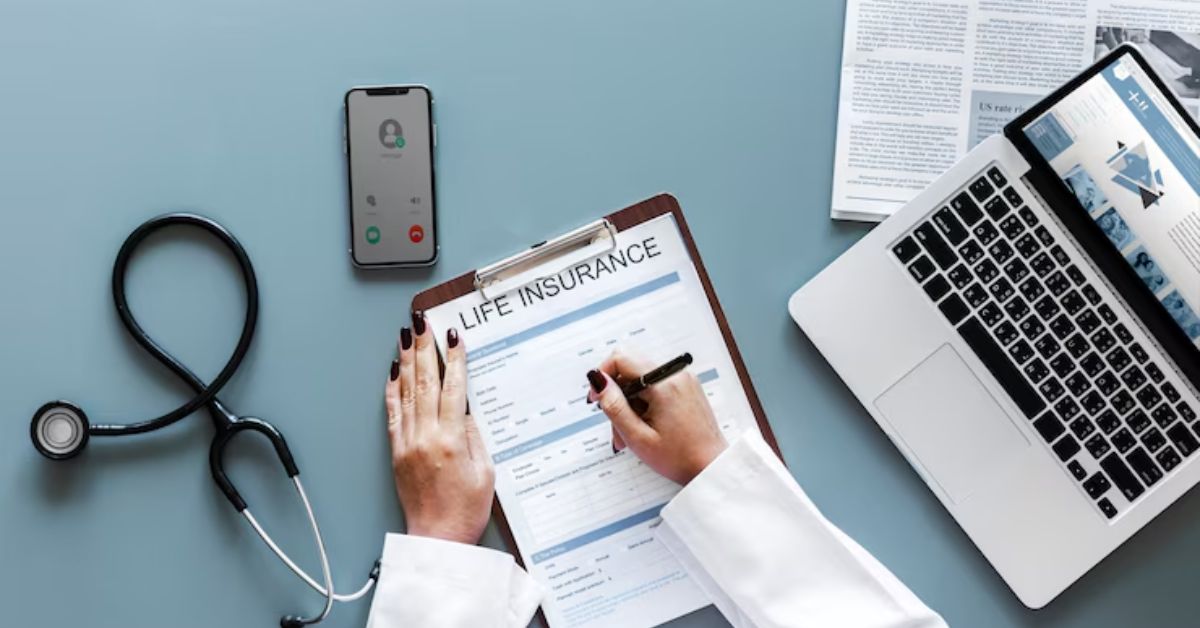In today’s rapidly changing world, having economic security more than ever is paramount. Whether to secure the well-being of your loved ones or protect yourself against unexpected illnesses, insurance is indispensable. Of all the vital forms of protection are life and serious illness insurance. They give you economic peace of mind in life-altering events and ensure peace of mind for yourself and your loved ones. If you are contemplating a Life Insurance Policy in UAE, having an idea about life and critical illness coverage is crucial to informed decisions.
What is Life Insurance?
Life insurance is a contract between an individual and an insurance provider. In exchange for a sequence of periodic premium payments, the insurance provider promises to pay an amount of money—the death benefit—to the life policy beneficiary upon his or her death. The financial support can be utilized for financing funeral costs, loans outstanding, mortgage, school fees, and everyday living cost for dependent survivors.
There are different life insurance forms, including term life, whole life, and universal life. Most popular and affordable for young professionals and families is Term Insurance in UAE, providing cover for a specified period (for instance, 10, 20, or 30 years) and returning a benefit only in the event of death within the stated period.
Importance of Life Insurance in the UAE
The UAE has a high expatriate population, some of whom have financial obligations in their home country. Life insurance is especially vital for expatriates who would like their families to be secured in case something sudden happens. It is also vital for the UAE nationals as more and more people become financially conscious and would like their families and businesses to be protected.
The UAE is overseen by the Central Bank in its regulation of life insurance, and insurance firms have to follow stern guidelines to make sure there is transparency and fairness. Furthermore, numerous employers provide group life insurance as a part of the employee welfare package, although this may not cover personal and family financial needs in all cases.
What is Critical Illness Insurance?
Critical illness insurance will pay a lump sum in case the policyholder is diagnosed with any of the critical illnesses outlined in the policy. Some of the common critical illnesses are cancer, heart attack, stroke, kidney failure, and major organ transplants, among others. The payment is made at diagnosis and can be used to cover medical expenses, rehabilitation, lost income, or even day-to-day living expenses.
In contrast to other health coverage, which reimburses you for the cost of treatment or pays the hospitals directly, critical illness coverage pays you. This gives you the flexibility to spend the money however you wish—be it for medical treatment in another country, modifying your house to suit mobility, or simply to maintain your lifestyle during recovery.
Why Consider Critical Illness Insurance in the UAE?
Medical care in the UAE can be costly, particularly for complex ailments. Although residents usually carry medical insurance, it is not necessarily extensive enough to pay for all aspects of care for prolonged recovery or ongoing treatment. Critical illness cover provides the shortfall by offering you a security blanket financially when you might not be able to work or require further attention.
In addition, lifestyle illnesses like diabetes and heart disease are on the increase in the UAE. With sedentary lifestyles and stressful working lifestyles on the ascendant, the likelihood of developing a critical illness is greater than the vast majority are aware. Having a policy means you can live with the effect of such a diagnosis financially.
Life Insurance vs. Critical Illness Insurance
While both life and critical illness insurance provide financial protection, they serve different purposes:
- Life insurance supports your beneficiaries after your death.
- Critical illness insurance provides support while you’re still alive, helping you manage the costs of a serious illness.
You can purchase each policy separately, but many providers in the UAE offer bundled plans that include both types of coverage. These comprehensive policies are often more cost-effective and convenient.
Choosing the Right Plan
When selecting a life or critical illness insurance plan in the UAE, consider the following factors:
- Coverage Amount: Calculate how much your family would need to maintain their lifestyle and pay off debts in your absence or during your recovery.
- Premiums: Ensure the premiums are affordable and fit within your long-term budget.
- Policy Term: For term insurance, choose a duration that aligns with your financial obligations, such as the years left on your mortgage or until your children are financially independent.
- Health and Lifestyle: Your age, medical history, and lifestyle habits can impact your premiums and eligibility.
- Riders and Add-ons: Consider additional benefits like accidental death coverage, waiver of premium, or hospitalization cash benefits to enhance your plan.
The Application Process in the UAE
Applying for life or critical illness insurance in the UAE is straightforward. Most insurers offer online tools to compare policies and get quotes. You’ll typically need to provide:
- Identification documents (Emirates ID, passport)
- Proof of income
- Medical history and lifestyle information
In some cases, a medical exam may be required, especially for higher coverage amounts.
Final Thoughts
Life and critical illness cover is not just a money product—it’s a pillar of a well-thought-out financial plan. In the UAE, where individuals spend time away from their wider family and social support group, these policies provide valuable reassurance.
Spend time getting to know your requirements and comparing different insurance policies is the best way to ensure that you and your loved ones are covered for life’s uncertainties. You’re securing your first Life Insurance Policy in UAE or supplementing further protection with a critical illness cover, the right protection could be the hope and difference between despair at times of absolute despair.
